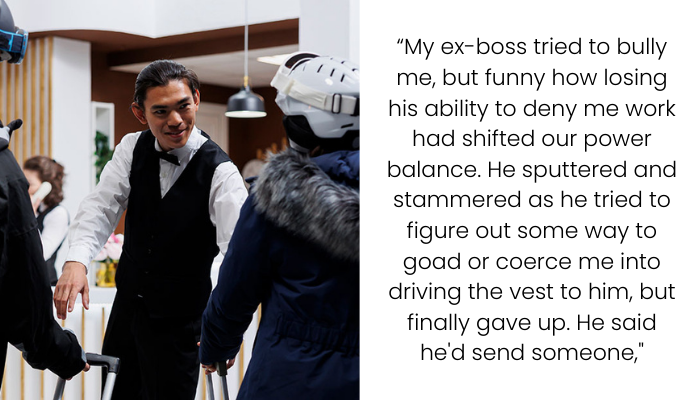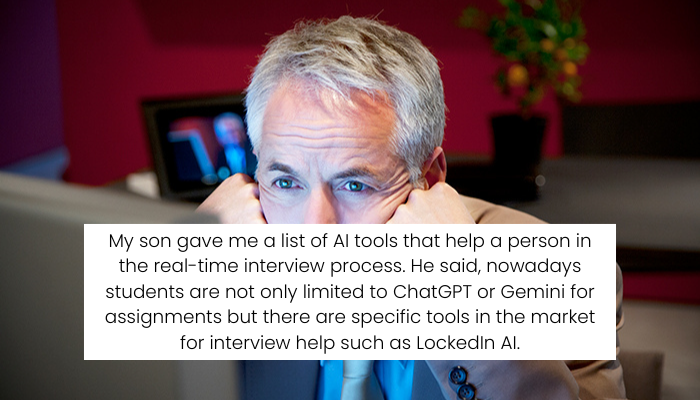Addressing Parental Exclusion: Navigating Social Dynamics in Early Childhood
A 30-year-old mother finds herself unexpectedly entangled in playground politics reminiscent of her own school days. After forming connections with fellow mothers—B and C—through school-run breakfasts and playdates, she notices a sudden and unexplained withdrawal from B. This distancing coincides with her two-year-old son being excluded from group activities and playdates orchestrated by mothers A and B. Despite minimal interaction with A, it’s revealed that A harbors an unfounded dislike towards her, influencing B’s behavior and leading to the social sidelining of both mother and child. The situation escalates as mother C confronts the group, resulting in her own marginalization. The concerned mother grapples with the emotional turmoil of her child’s exclusion and contemplates the appropriate course of action to address the adult-driven dynamics affecting their children’s social experiences.
No matter how old they grow, some people simply refuse to give up their playground politics

The 30-year-old poster used to have playdates with some of the mothers of kids from her 2-year-old son’s school, but it stopped one day











I’m truly sorry to hear about the situation you’re facing with the other mothers and the impact it’s having on your son. It’s understandably distressing when social dynamics among parents affect the inclusion of our children.
Understanding the Situation
It’s not uncommon for misunderstandings or personal preferences to influence social groupings among parents, which can inadvertently affect their children’s interactions. In some cases, parents may form closer bonds with certain individuals due to shared interests or backgrounds, leading to unintentional exclusion of others. However, when this exclusion extends to children, it becomes particularly concerning.
Potential Steps to Address the Issue
- Open Communication: Consider initiating a calm and non-confrontational conversation with Mum B to understand any underlying issues. Express your feelings and seek clarity on the sudden change in dynamics. This approach can sometimes reveal misunderstandings that can be amicably resolved.
- Diversify Social Circles: Engage with other parents and organize playdates with different groups. This not only broadens your child’s social interactions but also reduces reliance on a specific group, mitigating the impact of exclusion. Encouraging your child to participate in various activities can help them develop resilience and adaptability in social settings.
- Focus on Your Child’s Well-being: Ensure that your child feels loved and valued at home. Creating a supportive and nurturing environment can help counterbalance negative experiences elsewhere. Engaging in activities that your child enjoys can also boost their confidence and overall happiness.
- Seek Support: Connecting with other parents who might have faced similar situations can provide valuable insights and coping strategies. Online forums and local parenting groups can be excellent resources for shared experiences and advice.

Reflecting on the Bigger Picture
While it’s natural to feel upset about the current situation, it’s also essential to recognize that social dynamics can be complex and ever-changing. Focusing on fostering positive experiences for your child and building a supportive community can often lead to new and fulfilling relationships.
Remember, your proactive approach and dedication to your child’s well-being are commendable. By seeking solutions and remaining open to new connections, you’re setting a positive example for your child on handling challenging social situations with grace and resilience.
People didn’t hesitate to call out the mean moms, but many suggested that the poster should arrange her own play dates














